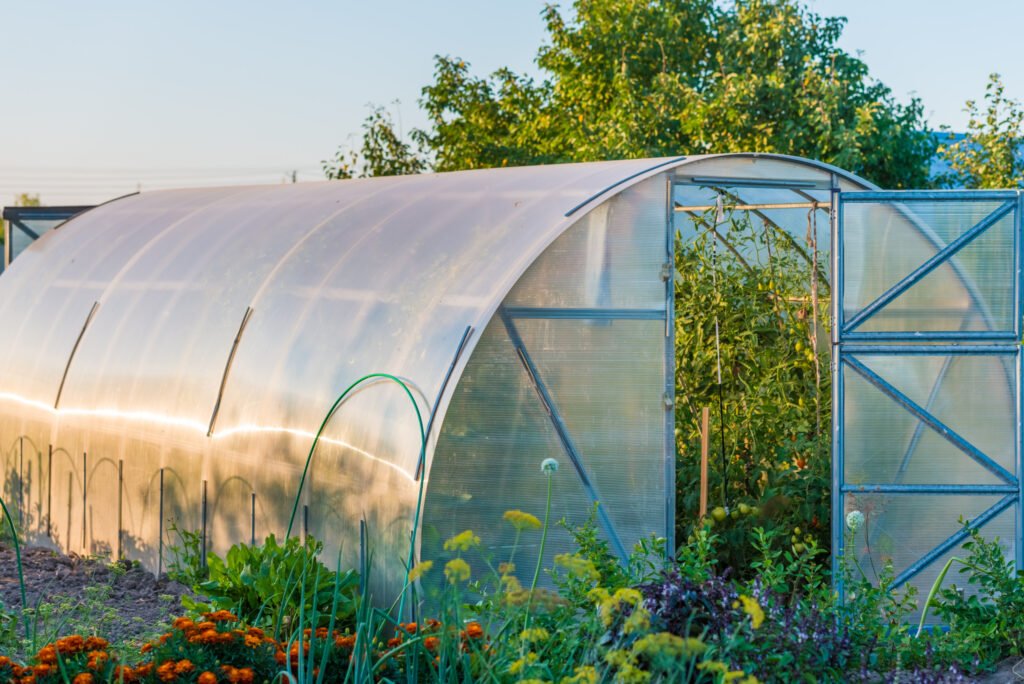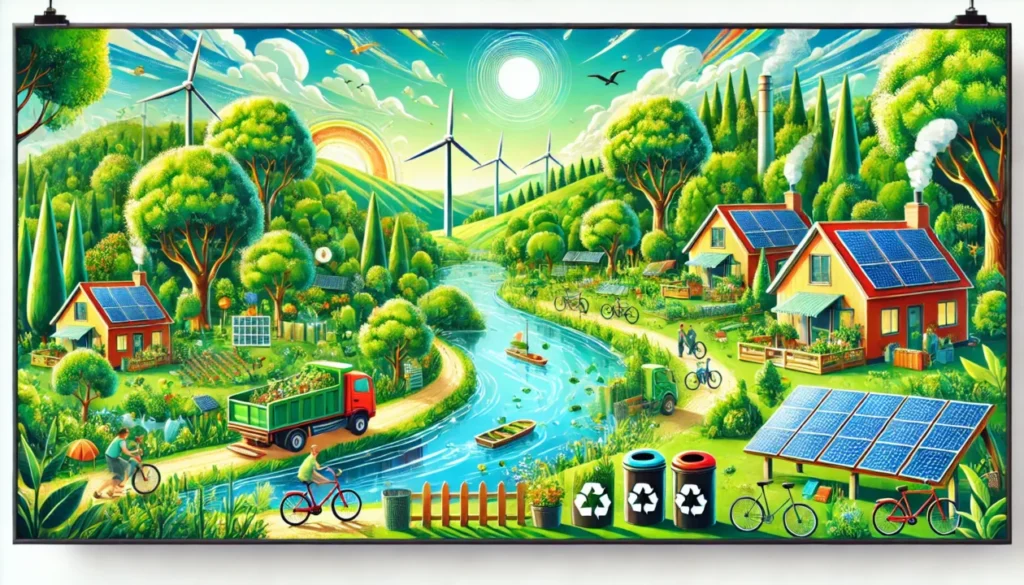In the quest for a greener, more sustainable planet, plant nurseries play a vital role in enhancing our connection to nature. Whether you’re a seasoned gardener, a landscaping professional, or a beginner with a green thumb, plant nurseries offer countless benefits that make them essential for cultivating lush, healthy environments.
In this article, we’ll explore the many advantages of plant nurseries and provide detailed insights into how they contribute to environmental sustainability, community wellbeing, and personal health. Additionally, we’ll introduce an informative table that outlines the key specifications and features of plant nurseries.
1. What Are Plant Nurseries?
Plant nurseries are specialized facilities where plants are propagated, grown, and nurtured under controlled conditions until they are ready for planting. These nurseries serve a wide range of purposes, including growing ornamental plants, fruit trees, shrubs, vegetables, and native species. By offering a controlled environment, plant nurseries ensure that plants grow healthy and are less susceptible to pests and diseases.

2. Environmental Benefits of Plant Nurseries
a) Promoting Biodiversity
Plant nurseries help preserve native species and promote biodiversity. By cultivating a diverse range of plants, nurseries provide habitat and food for wildlife, including pollinators like bees and butterflies.
b) Combating Climate Change
Plants absorb carbon dioxide and release oxygen, contributing to cleaner air and a reduction in greenhouse gas emissions. Nurseries are pivotal in producing the vegetation necessary for urban green spaces, forests, and agricultural zones.
c) Soil Health
Nurseries often produce plants specifically for soil conservation, such as cover crops and ground covers. These plants prevent erosion, enrich the soil with organic matter, and enhance its water-holding capacity.
3. Economic Advantages of Plant Nurseries
a) Job Creation
Plant nurseries create employment opportunities for horticulturists, nursery workers, and landscaping professionals. These businesses contribute significantly to the local economy.
b) Affordable Plants
Because nurseries specialize in large-scale cultivation, they can offer plants at lower costs compared to retail garden centers. Bulk purchasing options make them a cost-effective choice for gardeners and landscapers.
c) Supporting Local Businesses
Many plant nurseries are family-owned or locally operated, meaning that buying from them supports the community and fosters economic growth.
Read More=Latest Durostech | Why Choose Durostech?
4. Health and Wellness Benefits
a) Improved Mental Health
Gardening and spending time in nature have been linked to reduced stress, improved mood, and increased overall happiness. Plant nurseries provide the tools and plants necessary for creating therapeutic green spaces.
b) Better Air Quality
Plants improve indoor and outdoor air quality by filtering pollutants. Nurseries supply houseplants and outdoor plants that can enhance respiratory health.
c) Encouraging Physical Activity
Gardening is an excellent form of physical exercise that promotes cardiovascular health and flexibility. Nurseries inspire people to get active by offering a wide selection of plants and gardening supplies.

5. Types of Plant Nurseries
Plant nurseries vary widely based on their offerings and purposes. Here are the primary types:
- Wholesale Nurseries: Supply plants in bulk to landscapers, garden centers, and developers.
- Retail Nurseries: Cater to home gardeners with a variety of plants, seeds, and gardening tools.
- Specialty Nurseries: Focus on specific plant types, such as succulents, orchids, or native species.
- Online Nurseries: Offer plants and gardening supplies for purchase through e-commerce platforms, providing convenience and accessibility.
6. Features and Specifications of Plant Nurseries
The table below highlights some essential features and specifications of plant nurseries:
| Feature | Description | Benefits |
|---|---|---|
| Greenhouses | Enclosed structures used to create controlled growing environments. | Protect plants from extreme weather; extend growing seasons. |
| Irrigation Systems | Automated or manual systems for watering plants. | Ensure consistent hydration; reduce water waste. |
| Propagation Areas | Spaces dedicated to seed germination and plant propagation. | Increase plant production efficiency; support healthy growth from the earliest stages. |
| Pest Control Measures | Integrated pest management techniques, including biological controls and organic treatments. | Minimize plant damage; reduce reliance on harmful chemicals. |
| Soil and Fertilizer | High-quality soil blends and nutrient-rich fertilizers tailored to specific plant needs. | Promote optimal plant health and growth. |
| Plant Varieties | A diverse selection of species, including ornamentals, edibles, and natives. | Cater to different gardening needs and preferences. |
| Expert Staff | Trained horticulturists and gardeners who provide advice and assistance. | Help customers make informed decisions; ensure successful planting. |
| Sustainability Practices | Use of eco-friendly materials, water recycling systems, and energy-efficient operations. | Reduce environmental impact; support sustainable gardening practices. |
7. How to Choose the Right Plant Nursery
Selecting the right plant nursery can make all the difference in achieving gardening success. Consider the following factors:
a) Reputation
Look for nurseries with positive reviews and a track record of providing healthy, high-quality plants.
b) Plant Variety
Choose a nursery that offers a wide selection of plants suited to your local climate and soil conditions.
c) Knowledgeable Staff
Opt for nurseries with friendly, knowledgeable staff who can offer expert advice and troubleshooting tips.
d) Sustainability
Support nurseries that prioritize eco-friendly practices, such as using biodegradable pots and reducing water usage.
8. The Role of Technology in Modern Plant Nurseries
The integration of technology has revolutionized the plant nursery industry. Advanced tools and systems have improved efficiency, sustainability, and customer experience.
- Automated Irrigation: Smart irrigation systems deliver precise amounts of water based on plant needs.
- Greenhouse Monitoring: Sensors track temperature, humidity, and light levels to maintain optimal growing conditions.
- E-commerce Platforms: Online nurseries make it easy for customers to browse, purchase, and receive plants delivered to their doorstep.
- Plant Tagging: QR codes and RFID tags provide detailed information about plant care, origin, and maintenance.
9. Plant Nurseries and Urban Greening
Urban greening initiatives, such as rooftop gardens, vertical gardens, and community parks, depend heavily on plant nurseries. These facilities provide the plants, expertise, and support necessary for transforming urban landscapes into green oases. By supplying hardy plants suited for urban environments, nurseries help mitigate the heat island effect, improve air quality, and enhance urban aesthetics.

10. Conclusion
Plant nurseries are indispensable for anyone looking to enhance their living spaces, promote environmental sustainability, and enjoy the myriad benefits of gardening. From improving mental health to supporting biodiversity and combating climate change, the contributions of plant nurseries are vast and impactful. By choosing the right nursery and leveraging the expertise they offer, you can embark on a rewarding journey toward a greener, healthier future.
Whether you’re a homeowner planning a garden makeover or a professional landscaper working on large-scale projects, plant nurseries like those featured on webfreen.com are your go-to resource for quality plants, expert advice, and innovative gardening solutions. Take the first step toward transforming your environment today!
